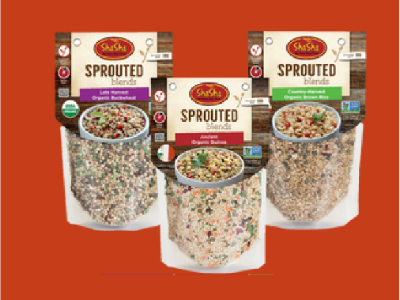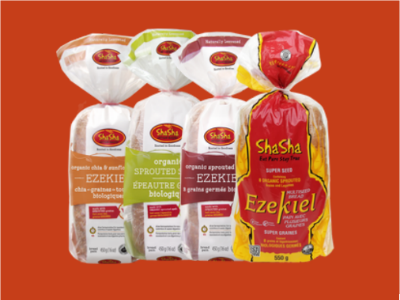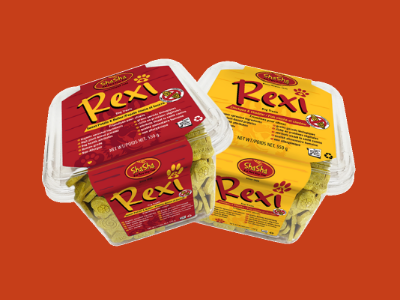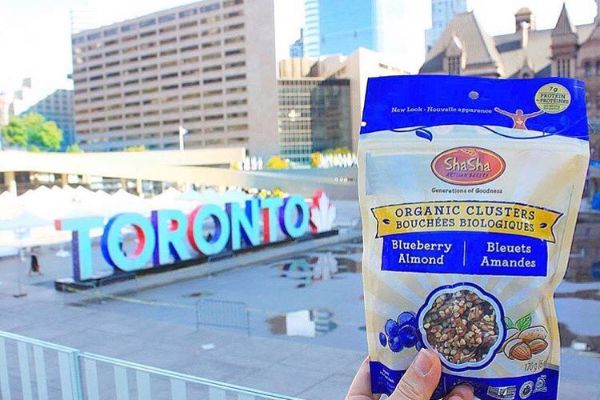We at ShaSha Co. are fully supportive of organic farming.
The word organic implies the absence of something from the food. Organic foods are those produced without the use of inorganic fertilizers, pesticides, or herbicides. They are GMO (Genetically Modified Organism) free. The growers use methods and materials that are low impact to the environment and they replenish and maintain the fertility of the soil.
- Commercial Agricultural Methods
- Organic Quality & Organic Farmers
- Organic Certification
- The Power of Consumers
- References
Commercial Agricultural Methods
After approximately fifty years of using chemicals in conventional agriculture, the health hazards of these additives are beginning to be recognized. Health risks to farmers and consumers from pesticides are the major concerns. Chronic exposure may cause neurotoxicity, infertility, skin lesions, immune system malfunctions, and a number of pesticides may even be carcinogenic. Common agricultural methods are causing the soil to become deficient in certain elements because many of them are not being replenished. Usually only nitrogen, phosphorus, and potassium fertilizers are added to the soil unless gross deficiencies of others are recognized. Consequently, crops cannot absorb enough minerals and are more susceptible to pests and diseases. The need for fertilizers in the conventional system to maintain a high level of grain production on minimal space is destroying the ecosystem. Organic farming is an environmentally friendly alternative to pesticides and chemical fertilizers and is growing in popularity among the awakened communities.
Organic Quality & Organic Farmers
Organic quality refers to growers who are committed to maintaining and replenishing the fertility of the soil and offer the highest quality food grown on healthy land (no use of toxic chemicals). These farmers choose the most environmentally friendly solution to deal with their crop imbalances (ie., pests and weeds) by employing some alternative tactics, such as:
- Growing alternate plants in the fields
- Plant cover crops to add nutrients to the soil
- Using insects as opposed to chemical insecticides to get rid of pests
- Using manure and plant wastes as fertilizer
Organic Certification for farms
A farmer must meet the following standards to be a certified organic farmer and put organic labels on their products. For farms this may be 3-4 years before the production and sale of certified organic products.
- The land on which the products are grown must be free of prohibited substance for 3 years before certification.
- Farmers and processors must keep detailed records of methods and materials used in growing organic products.
- All methods and materials are inspected every year by a certifier approved by the national department of agriculture.
- All farmers and handlers are required to maintain written organic plans detailing their management practices.
The Canadian Standard for Organic Agriculture was first approved by the Standards Council of Canada (SCC) in 1999. The 2006 revised and In December 2006 the Canadian government published the Organic Products Regulation to regulate organic certification in Canada for organic products. Details on this new regulation are available on the Canadian Food Inspection Agency (CFIA)
Organic Certification for Bakers and food manufacturing:
The bakers and manufacturing companies must meet specific standards to be certified organic and must also go through inspection by government monitored association in order to put organic labels on their products: Ontario there are several certification bodies (CB) that certify organic farms and food processing enterprises. Growers or processors wanting to be certified should contact one of the appropriate certification bodies and obtain a copy of the certification standards before they start the transition to organic production. Inspectors for organic certifications are independent from the certification bodies and most are members of the Independent Organic Inspectors Association (IOIA)
The Power of Consumers
Organically grown products are gaining popularity. Sales have increased from 2 to 20 percent each year from 1989 to 1996 and are rising. Although very few statistics are collected for this industry, a U.S. gross value (retail) of $5-6 billion per year is generally accepted. A ten per cent ratio of U.S. is sometimes extrapolated for Canada. If there is a greater demand by the consumer, the organic market will grow. “Choosing organic products is a direct way you can help promote healthy agriculture and a cleaner environment” (OTA).
References:
Organic Trade Association (OTA). OTA Press, Greenfield, MA, 1999. Guthrie, H.A. and Picciano, M.F. Human Nutrition. Mosby, St. Louis, 1995. Chp.1, Introduction to nutrition, p.1-22.Linder, “Food Quality and its Determinants from Field to Table: Growing Food, its Storage, and Preparation” In Nutritional Biochemistry and Metabolism, 1985.













